ASU develops state’s first saliva-based COVID-19 test
sdg03-good-health-wellbeing
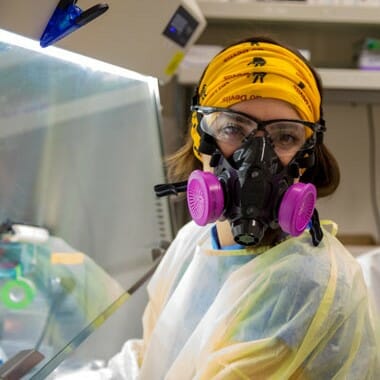
ASU develops state’s first saliva-based COVID-19 test
Scientists at ASU’s Biodesign Institute have developed Arizona’s first saliva-based test for COVID-19 to make testing easier and more accessible.
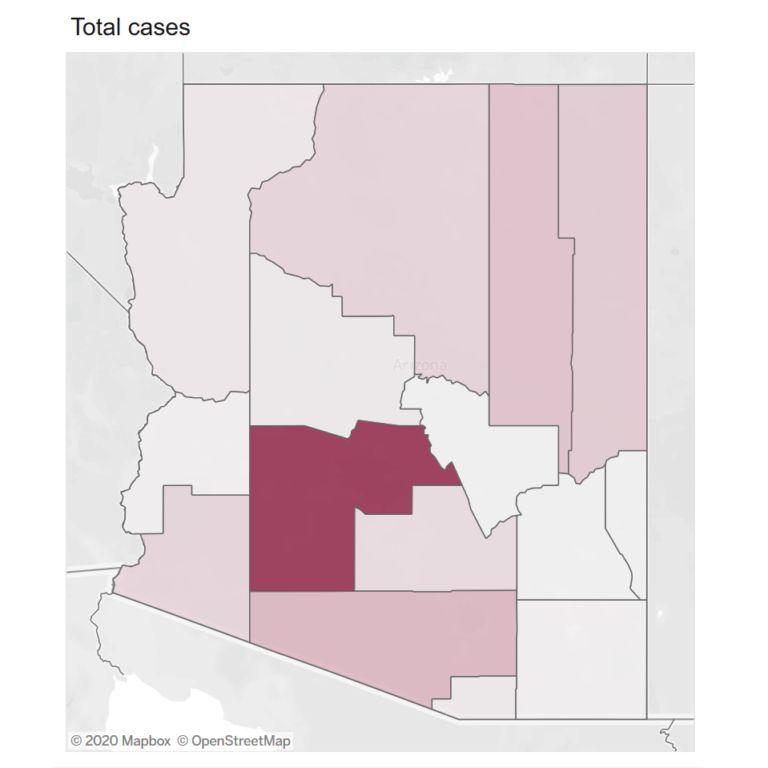
ASU publishes COVID-19 data website
ASU researchers have published user-friendly graphs and visualizations of the spread of the virus, as well as a model projecting healthcare demand in Arizona.

Flattening the curve in rural Navajo and Hopi communities
Two initiatives, shared by GIOS receptionist Shaundiin Yazzie and led by her sisters, offer opportunities to get involved, donate time or resources to support the COVID-19 response.

Novel coronavirus detected, monitored in wastewater
A new approach to monitoring the novel coronavirus, known as wastewater-based epidemiology (WBE), can potentially identify levels of coronavirus infection at both a local and global scale.
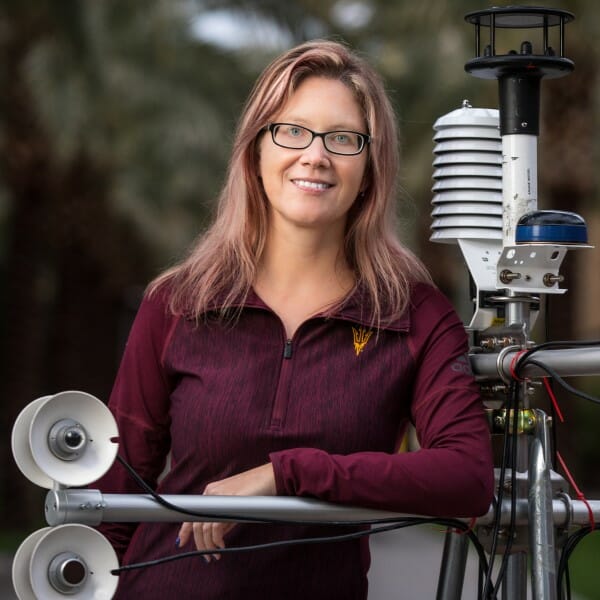
Middel receives CAREER for work in heat mitigation
Sustainability scientist Ariane Middel has been awarded an NSF CAREER to look at heat from a human perspective, using an innovative mobile sensor called “MaRTy,” pictured.

COVID-19 linked to environmental degradation
Leah Gerber recommends solutions to combat future infectious diseases and predicts that if we do not enforce action to alleviate environmental degradation, pandemics will occur more frequently around the globe.
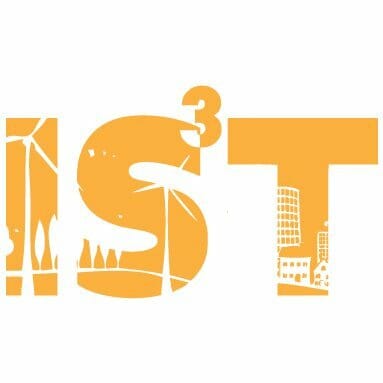
Seager hosts virtual talks on resilient healthcare infrastructure
Topics so far include adaptive capacity, availability of data, resilience engineering responses, and taking a resilience (rather than a risk) approach to COVID-19.

ASU professor works to mitigate impact of extreme heat in Tokyo Olympics
Sustainability scientist Jenni Vanos and an interdisciplinary team studied air temperature variation at planned Olympic venues and how the extreme August heat will impact athletes, spectators and volunteers.
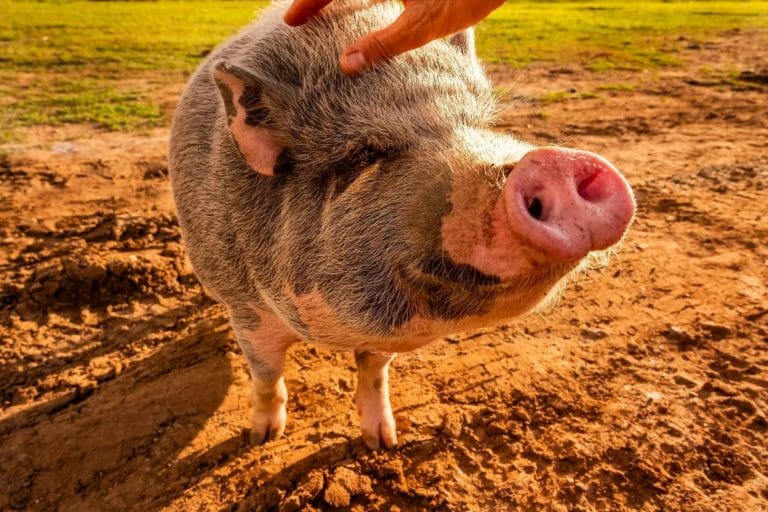
New publication: Carefarm helps to alleviate traumatic grief
This month in Health & Place, sustainability scholar Joanne Cacciatore and colleagues outline a new approach to caring for those in trauma and grief. Greencare therapy, of which care farming is an example, facilitates individuals’ interactions with nature with the intent of providing a health benefit.